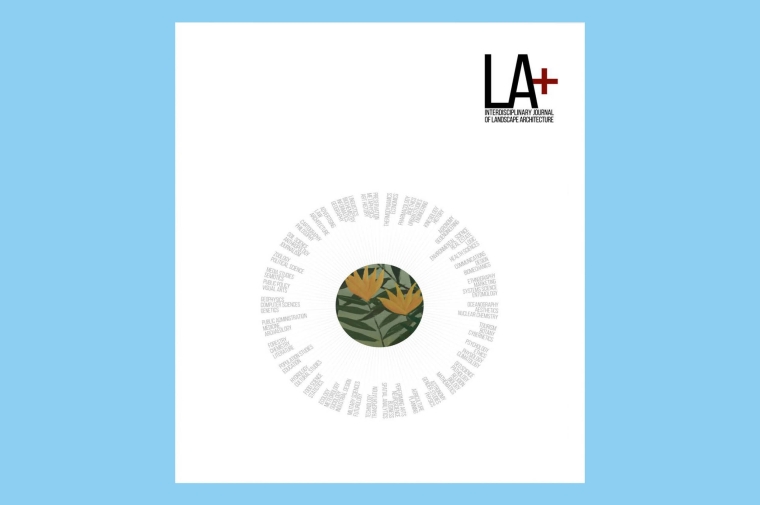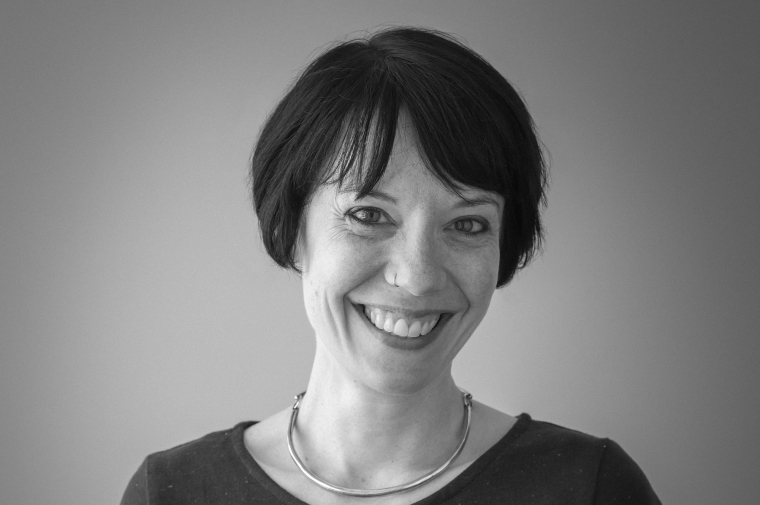September 20, 2017
Stuart Weitzman School of Design
102 Meyerson Hall
210 South 34th Street
Philadelphia, PA 19104
Get the latest Weitzman news in your Inbox
Media Contact
Michael Grant
mrgrant@design.upenn.edu
215.898.2539
If Hurricanes Harvey and Irma drove home the threats to coastal cities in the U.S. from climate change—and the role for designers and planners in disaster prevention and mitigation—there was good news this month about efforts to storm-proof the West Coast.
The Resilient by Design Bay Area Challenge is a research and design project bringing together experts to develop innovative solutions to the issues the San Francisco area faces due to climate change, before disaster strikes. The Challenge has identified 10 design teams of urban planners, architects, landscape architects, engineers and other resilience experts to create community-based solutions, and PennDesign is represented by three of the teams.
BionicTeam includes faculty members Karen M’Closkey, associate professor of landscape architecture; Keith VanDerSys, senior lecturer in the Department of Landscape Architecture; Allison Lassiter, assistant professor of city and reginoal planning; Michael Luegering, lecturer in the Department of Architecture, and Ken Steif, lecturer in the Department of City and Regional Planning and director of the Master of Urban Spatial Analysis Program; along with PennDesign Dean and Paley Professor Fritz Steiner, Ian L. McHarg Center Research Coordinator Billy Fleming, and PennPraxis Managing Director Julie Donofrio and Michael Tantala, adjunct professor in the Bernard and Anne Spitzer School of Architecture at the City College of New York. Bionic’s proposal aims to compound large-scale value through early adaptation. With ties to organizations like Enterprise, Moffatt & Nichol, WRA, RMA, SF State, Baycat, Studio for Urban Projects, Ball & Winter, and KMA, the team has deep Bay-area knowledge and is ingrained in its communities.
BIG + ONE + SHERWOOD includes Rockefeller Resilience Fellow and Lecturer Matthijs Bouw, and brings together significant international experience in Denmark, the Netherlands, and the Bay Area. The team looks at the city as a “social ecosystem”–one where the links between nature, and culture, between people, and their environment can be proactively designed.
The Field Operations Team is led by the firm founded by alumnus and Professor Emeritus James Corner (MLA’86). The team’s proposal is guided by the framework ‘One Bay, Many Communities, Many Solutions.’
Resilient by Design: Bay Area Challenge is a collaborative research and design initiative that connects design leaders to community members, local leaders and national experts. In a yearlong challenge, 10 teams of architects, engineers, designers and other experts will work alongside community members and local government to identify critical areas along the San Francisco Bayfront and propose solutions to strengthen the region’s resilience to sea level rise, severe storms, flooding and earthquakes. For the next 3 months, the teams will tour community-chosen sites and, at the end of this phase, will be paired with locations at a public event in December, marking the beginning the next phase and the start of site-specific design work.
Read more about the Bay Area Challenge at resilientbayarea.org.


 Expand Image
Expand Image



